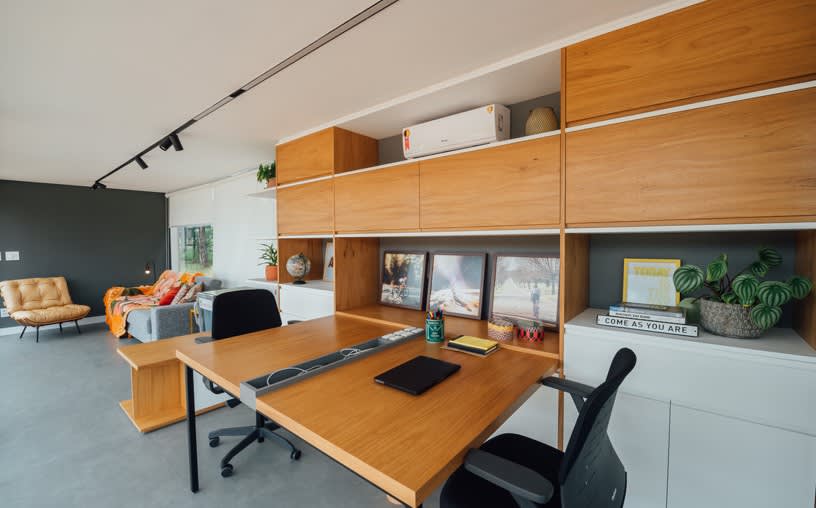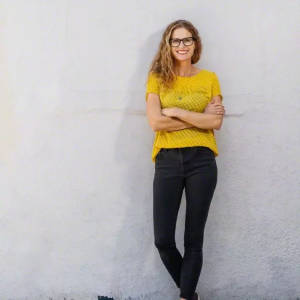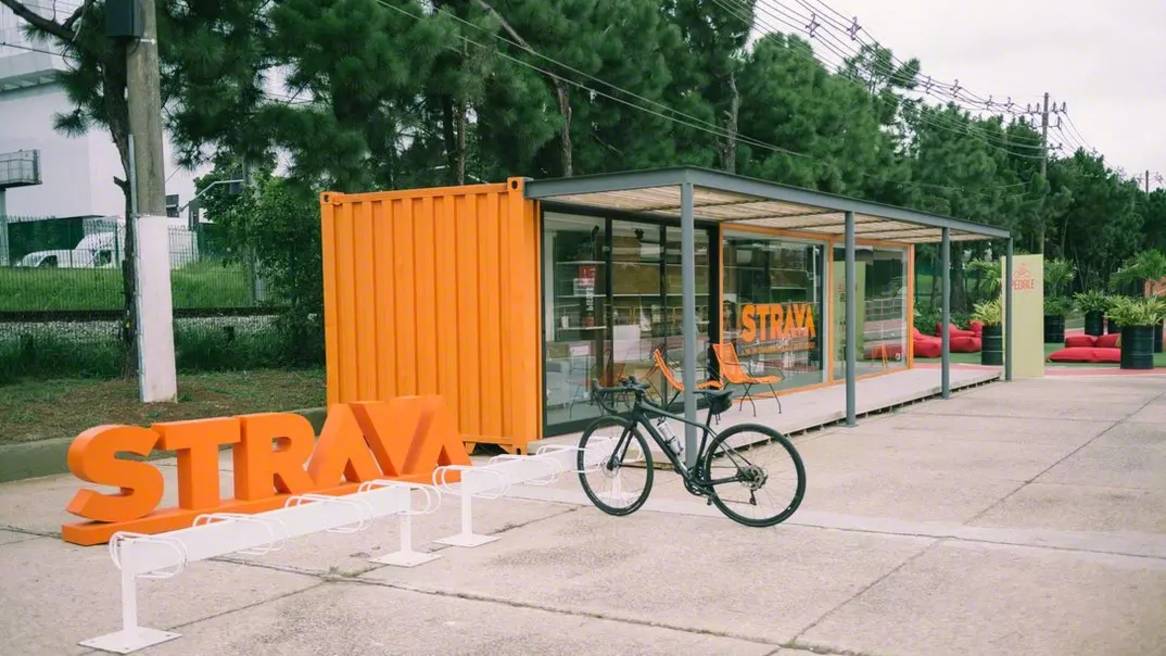Creating a Great Culture by Starting with People
A Conversation with Strava’s Michele Bousquet about creating joy, alignment and a feeling of togetherness in the workplace
Dr. Tracy Brower, vice president, Workplace Insights at Steelcase, spoke with Chief People Officer, Michele Bousquet at Strava, the leading social platform for 100 million athletes, to discuss shifting perspectives in the workspace and how Strava is adapting to these changes to create a more welcoming and positive work environment.
Dr. Tracy Brower: How have your perspectives on the work experience shifted over the last couple years?
Michele Bousquet: We have really gone through an evolution since the pandemic — we went from being a fully in-office company to overnight being completely remote. We had this static idea as to what work looked like and that has shifted. A real democratization happened where everyone, regardless of level or location, was taking up the same amount of space. Everyone was on an equal playing field. There are so many aspects of togetherness that cannot be recreated in virtual work. However, now our challenge is to take what some of the improvements were that we saw during the pandemic and apply them as we return to offices. There are institutionalized ways of working that are hard to disrupt and now we are working on capturing the best of the learnings from the pandemic and putting them into play.
TB: How are you changing the way you look at institutionalized ways of working? What steps are you taking in terms of policy, practice and space to make these changes?
MB: In 2020 we made the commitment to becoming an anti-racist company and part of that we recognize that traditional office environments didn’t always work for all teammates. Part of an inclusive culture is recognizing that everyone has different needs and allowing them to work in ways that suit their individual circumstances and preferences. Coming out of the pandemic we are giving employees flexibility regarding how and where they want to work. Some people have a dedicated space in offices, some are working in a hybrid manner with no assigned desk, and still many others are working remotely– first and foremost our approach is about flexibility. We are really striving to create a community post-pandemic. We have always held a Wednesday workout where we encourage people not only to take a break in the workday, but we enhance camaraderie, which is one of our Strava values. Community for our remote teammates looks different than that and requires more creativity. Personally, when I go to the office, I am working on being very intentional about trying to block multiple chunks of time that are not available for scheduling so I am not behind a conference room wall all day and can connect with teammates who are also in the office. We are still working on writing what our new norms are in our distributed culture – this is a work in progress! It is extremely complex when we are trying to create an excellent office experience, create moments that bring people together and support people who do feel remote.
TB: What other issues have you been focusing on?
MB: Like all folks right now, we are working to lead our company during a very unsteady market environment. Beyond that, we are really trying to refine and clarify our culture after such a monumental change. We are learning now that people have different needs two and a half years into the pandemic; people have suffered from the merging together of work and life, which has created mass burnout. We are always navigating how best to support people and meet their needs.

TB: In what ways is the role of HR shifting for you??
MB: The people role is a really challenging one. The last two years have been full of emotion and there is a lot of care people and employees have needed. It is not just about the pandemic, but also about everything that has happened in the world over the past 2.5 years. If you want to invite people to be their authentic selves at work, then you need to be ready to support people through difficult situations and conversations. To create a healthy culture, it really does start with people, not policy, and listening to what people need is a good starting point.
TB: What are your perspectives on how people-related issues are connected to place?
MB: Physical space, from the moment you walk into a place, is an embodiment of culture. People who walk into Strava see a lively, joyful, open and casual space. We are working on leveraging physical space to create a community. The office is a gathering spot, it’s a meeting place, and it’s where you are not alone. It is all about creating joy, alignment and a feeling of togetherness.
“The office is a gathering spot, it’s a meeting place, and it’s where you are not alone.”
TB: How does your physical environment demonstrate your company values?
MB: There is a realness and approachability when you walk into Strava. We have open and informal spaces that give you a sense of warmth. Beyond that, our senior leaders are coming in once a week; and since we have no assigned seating, leaders for the most part sit amongst teams making it possible for lots of informal conversations. At its best, physical space has the opportunity to bring people joy. It can be a baseline uplift for everyone who works in a positive environment.

Michele is Chief People Officer at Strava, leading the global people team which includes people operations, DEI, talent, IT, workplace and administration. With over 100 million users on our platform, Strava is the world’s largest global community of athletes, helping people find joy and inspiration every day. Prior to Strava, Michele has 20+ years of experience leading people and culture and has held a variety of senior leadership roles at companies such as Brandless, GoPro, Forward, and Charles Schwab.


